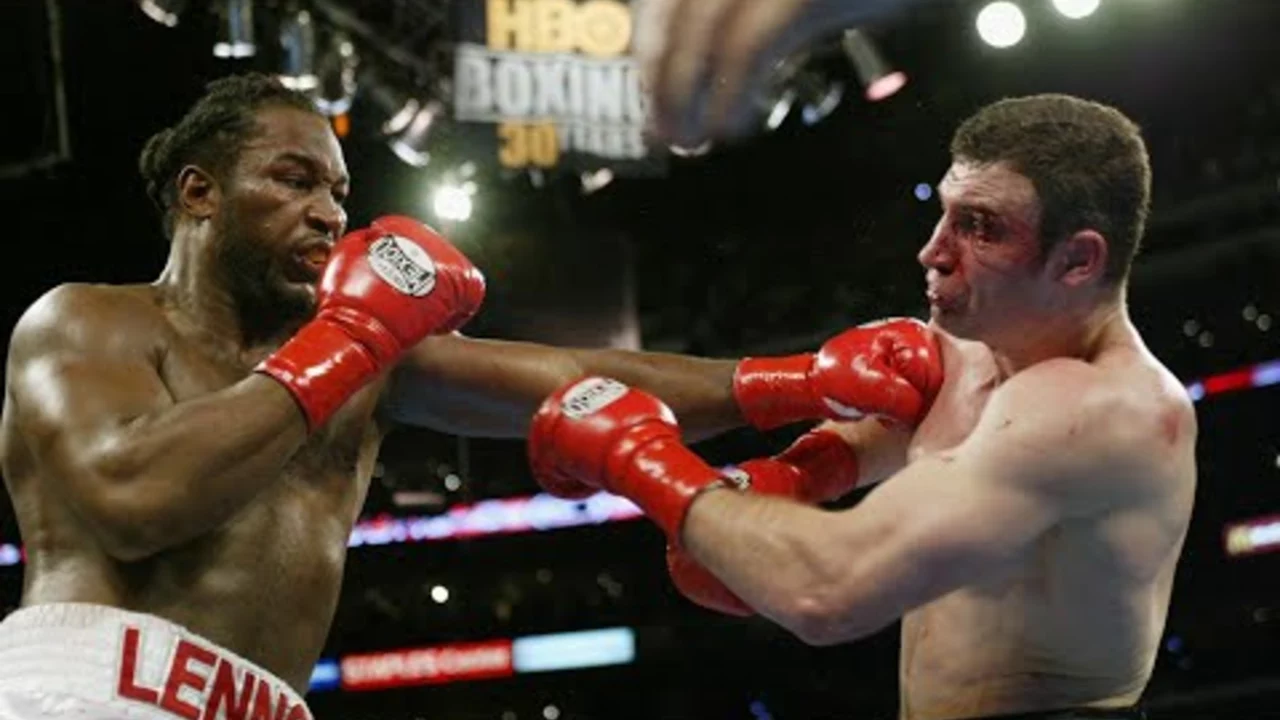Why Boxing Is Declining in the UK – Causes and How to Fix It
Ever wonder why a sport that once filled packed arenas now struggles to sell tickets? British boxing isn’t the only one feeling the pressure, but the signs are loud: lower TV ratings, fewer sold‑out events, and a younger crowd that seems more interested in MMA or esports. Let’s break down what’s really going on and what can be done to turn the tide.
What’s Behind the Drop?
First off, the rise of mixed martial arts has pulled a lot of attention away from traditional boxing. UFC’s slick production, frequent fights, and charismatic fighters make it easy for casual fans to tune in weekly. Boxing, on the other hand, still schedules just a handful of high‑profile bouts each year, leaving long gaps that kill momentum.
Second, the sport lacks fresh star power. Remember the buzz around Anthony Joshua or Tyson Fury? Those moments drove huge pay‑per‑view numbers. Today, there are fewer British names that can sell a ticket on their own, and promoters often rely on aging legends or foreign stars to headline events.
Third, broadcasting deals haven’t kept up with streaming habits. Many big fights now sit behind pay‑walls or on fragmented channel line‑ups, making it harder for fans to watch live. Meanwhile, younger viewers expect instant, on‑demand access – something boxing still struggles to deliver consistently.
Finally, the traditional “fight‑once‑a‑year” model feels outdated. Fans want narrative, build‑up, and frequent content. When a boxer fights only four to six times a year, each bout becomes a rare event, but the hype fizzles out quickly. The result is a cycle of big peaks and long, boring valleys.
How to Turn the Tide
To bring boxing back, promoters need to think like modern content creators. Scheduling a series of quarterly events with clear storylines keeps fans engaged and builds anticipation without long dead zones.
Investing in home‑grown talent is essential. A focused talent‑development program that spots promising British fighters early, gives them regular exposure, and markets them like pop stars can create the next generation of draw‑cards.
Streaming should be a priority. Partnering with platforms that offer free or low‑cost live streams, or even using social media live features, can reach younger audiences who don’t watch cable TV.
Finally, mix the old with the new. Hybrid events that combine boxing with music, behind‑the‑scenes documentaries, or fan interaction zones make the experience more than just a fight. Think of it as a festival rather than a single sport showcase.
If these steps get traction, the decline could stop and the sport might even start growing again. British boxing has a rich history and a passionate fan base – all it needs is a smarter, faster approach to keep people watching.
What happened to heavyweight boxing?
Over the years, heavyweight boxing has experienced a lot of ups and downs. Once the pinnacle of the sports world, it seems to have lost its charm and appeal. This is partly due to the lack of charismatic, larger-than-life figures like in the past, and a shift of interest towards mixed martial arts. However, recent resurgence led by figures like Anthony Joshua and Tyson Fury show promise for the future. It's safe to say that heavyweight boxing is not what it used to be, but it's definitely not out for the count yet.

 Entertainment
Entertainment